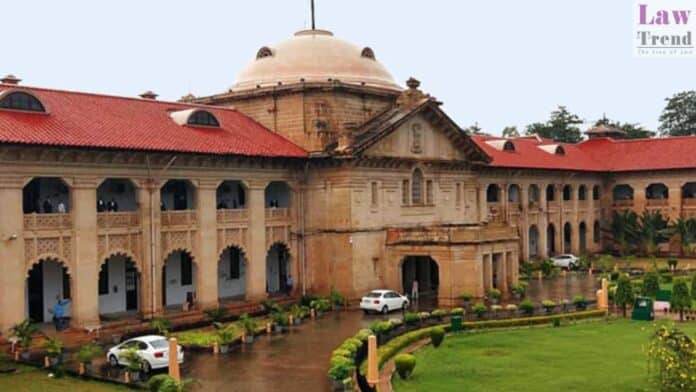The Allahabad High Court dismissed a petition challenging the Uttar Pradesh Government’s refusal to appoint a Central government employee, Vishal Saraswat, as a Deputy Collector in the Provincial Civil Services (Executive), citing the pendency of a criminal case against him. The court ruled that an appointment in such a sensitive position cannot be granted automatically,
To Read More Please Subscribe to VIP Membership for Unlimited Access to All the Articles, Download Available Copies of Judgments/Order, Acess to Central/State Bare Acts, Advertisement Free Content, Access to More than 4000 Legal Drafts( Readymade Editable Formats of Suits, Petitions, Writs, Legal Notices, Divorce Petitions, 138 Notices, Bail Applications etc.) in Hindi and English.




